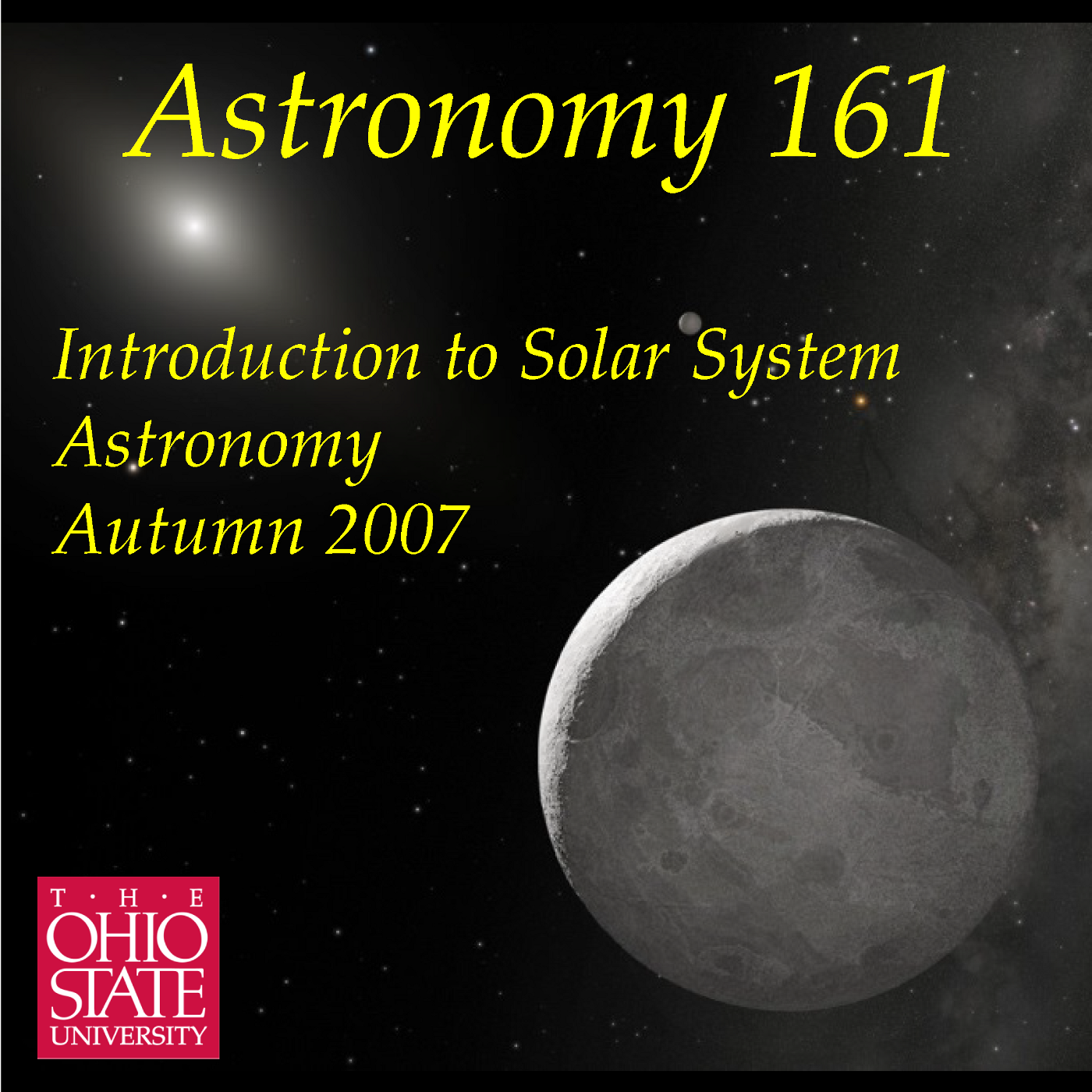Lecture 15: The Watershed - Tycho and Kepler
Description
In the generation following Copernicus, the question of planetary
motions was picked up by two remarkable astronomers: Tycho Brahe and
Johannes Kepler. Tycho was a Danish nobleman and brilliant astronomer
and instrument builder whose high precision naked-eye measurements of
the stars and planets were to be the summit of pre-telescopic astronomy.
Kepler was the talented German mathematician who was hired by Tycho and
succeeded him after his death who was to use Tycho's data to derive his
three laws of planetary motion. These laws swept away the vast complex
machinery of epicycles, and provide a geometric description of planetary
motions that was to set the stage for their eventual physical
explanation by Isaac Newton a generation later. Recorded 2007 Oct 10 in
1000 McPherson Lab on the Columbus campus of The Ohio State University.
More Episodes
A new podcast, Astronomy 141, Life in the Universe, is available
for those interested in continuing an exploration of topics in
modern astronomy.
Published 12/06/09
Published 12/06/09
Are we alone in the Universe? This lecture explores the question of how
we might go about finding life on planets around other stars. Rather
than talking about speculative ideas, like the Drake Equation or SETI, I
am instead taking the approach of posing it as a problem of what to look
for...
Published 11/30/07


